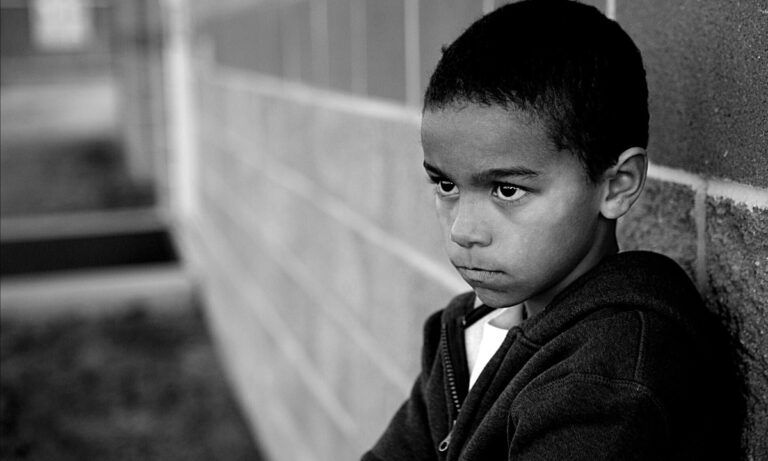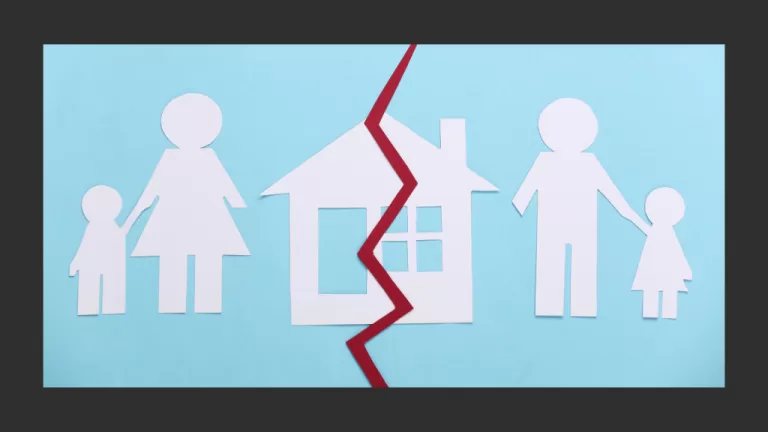E-ACEs: Expanded Adverse Childhood Experiences Test
The Adverse Childhood Experiences Study (ACEs) is a nationally recognized study on the long-term impacts of childhood trauma. The study found that the percentage of our American population impacted by childhood trauma is:
– 67% minimal impact
– 12.6% severe impact
Experts have agreed over the last decade that though the ACEs test was groundbreaking and insightful, other trauma factors massively impact a child’s development, things like being in foster care or homeless. These are important trauma factors that must also be considered. For your convenience, we have provided an expanded version of the ACEs test to include these additional trauma factors.
Expanded (ACEs)
Adverse Childhood Experiences Test
What are Adverse Childhood Experiences?
The Adverse Childhood Experiences Study (ACEs) measures the ten leading types of childhood trauma. 50% accessed from direct trauma endured, and 50% accessed from trauma experienced as a result of domestic situations. In 1998, CDC-Kaiser Permanente published a groundbreaking study investigating ACEs’ impact on physical and mental health problems. ACEs are a simple ten-question test that provides insightful information on the level of trauma a child has experienced.
The study found that those with severe impact have significantly increased adults’ risk for substance abuse, depression, suicide, and poor general health. Revealing the surprisingly strong connection between childhood trauma and numerous health problems. Those in the severe category are at a much higher risk of heart disease, chronic obstructive pulmonary disease, heart disease, severe obesity, and cancer.
How is Adverse Childhood Trauma Measured?
Each type of trauma a child has experienced counts as one point in the ACEs testing. For instance, a child who has been physically abused has a drug addict parent, was a witness to domestic violence, and their parent’s divorce has an ACEs score of four. Adverse childhood experiences often cause children to act out and become marginalized.
Even children with minor trauma, with an ACEs score of 2, resulted in more than a 36% increase in chronic illness.
The effects of adverse childhood experiences carry well over into adulthood. Statistics provide us with shocking results for those with an ACEs score of 4 or above:
- Dies an Average of 20 Years Sooner
- 4.5X as likely to become depressed
- 7X more likely to develop alcoholism
- 10X more likely for drug abuse
- 12X more likely to commit suicide
- 32X more likely to have learning and behavior problems
In conclusion, the ACEs score gives us the ability to peer into the challenges children are experiencing as a result of trauma. In short, the ACEs testing allows caregivers and parents to understand the child’s challenges better. Similarly, taking the ACEs test as an adult is beneficial. Sometimes, those drawn to care or advocate for traumatized children have had an element of trauma in their childhoods. Therefore, by taking the ACEs test, adults can better understand their trauma. Helping them walk out their healing journey and serve children in that same healing process.
Join the Movement to PREVENT Exploitation!
There is always a starting point for every great movement—a place where you become aware of a need and decide to be the solution. Join the mass movement of adults around the nation who are gaining the knowledge & skills needed to stop exploitation of all forms!






